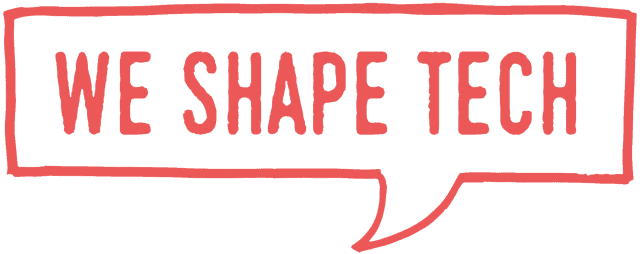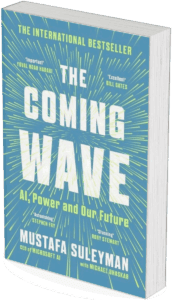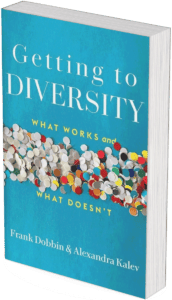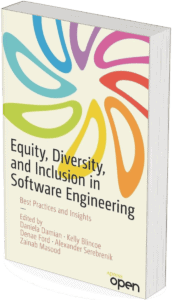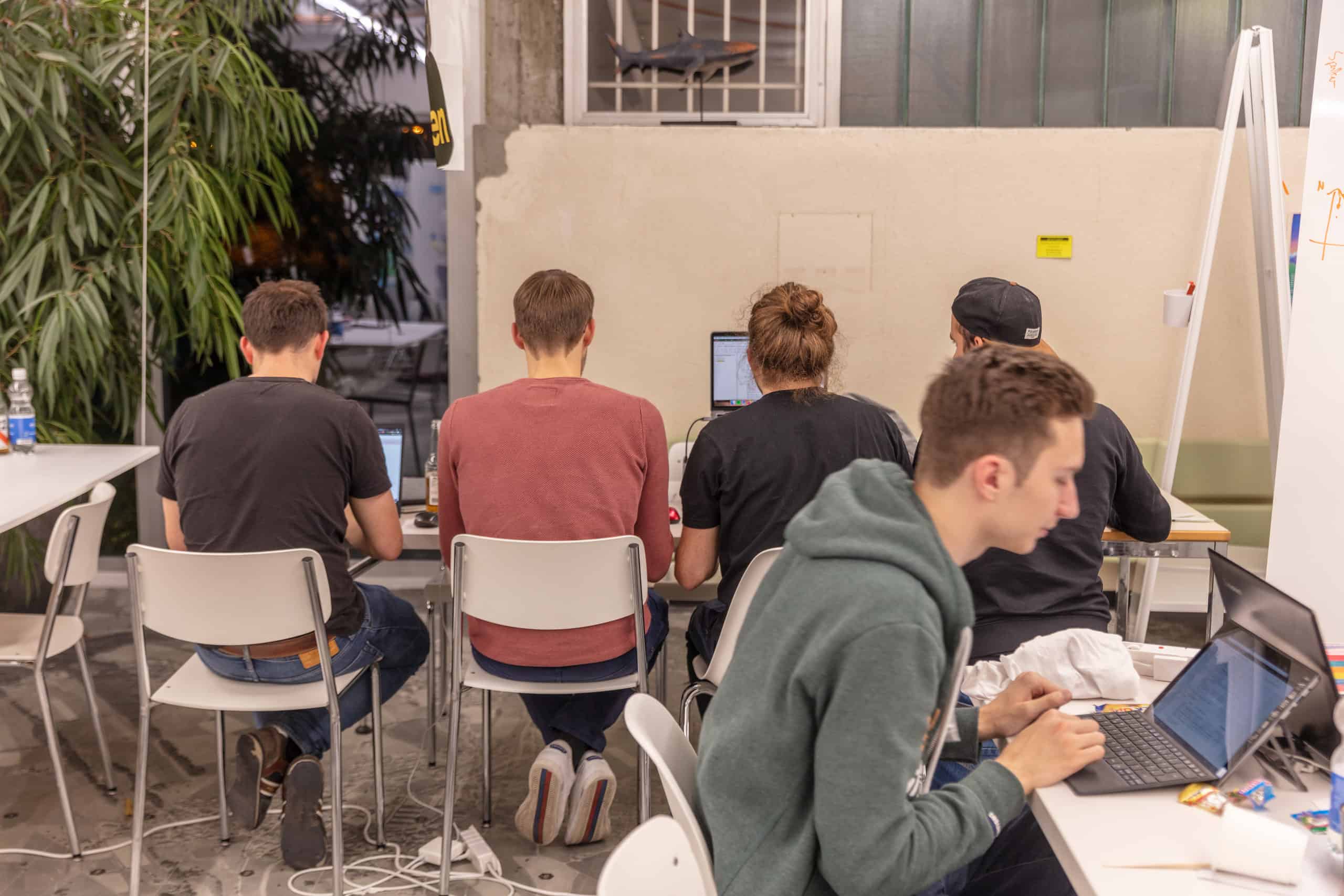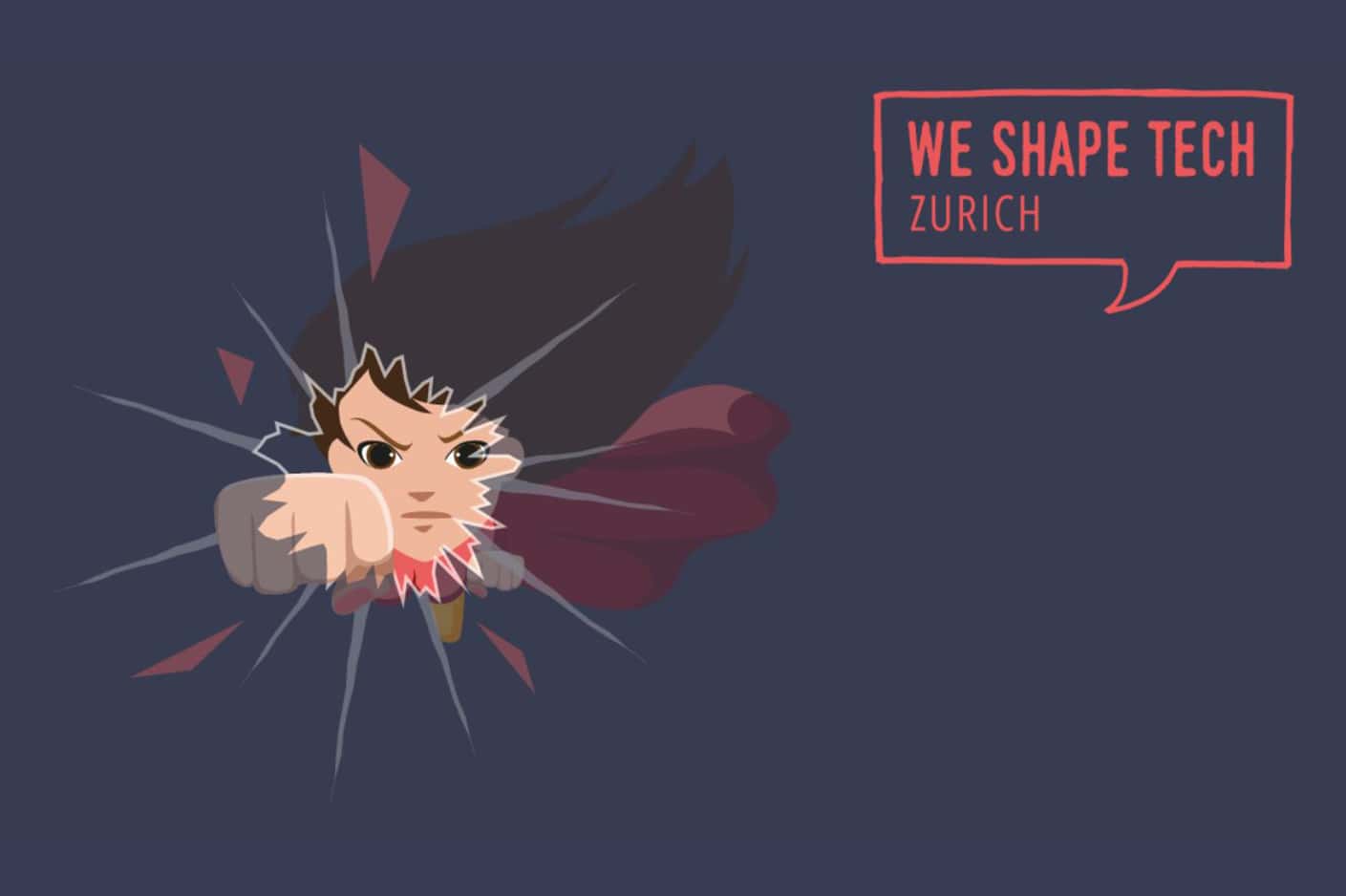Every month we ask one individual in our network a few questions about their way into tech, their motivation and their lessons learned.
Let’s start from the beginning. Tell us about where you’re from!
Born and raised in Switzerland, I was always wandering around, be it as a little kid running away from my parents or discovering all corners of the world. My curiosity is also reflected in my career, I wasn’t able to keep doing the same tasks for very long. I started my career as a medical laboratory assistant, but I soon realized I won’t be happy much longer in the job after I finished my apprenticeship.
After I took a sabbatical the first time and travelled for a year in Australia, New Zealand and Vietnam, I returned to the lab for a very short time before my curiosity took over again and I became an Application Engineer. From then on, it was clear that tech is the right place for me. I was given many different opportunities to develop my skill and still my hunger for change. After finishing my part-time bachelor’s degree in management information system, I asked for a position abroad and landed in Hong Kong for almost 5 years.
The financial crisis allowed me to take another one-year sabbatical, this time mainly in South America before returning to the tech and finance world in Switzerland. However, the one thing I realized during this time was, that I also want to have more independence in my work life so I decided to leave the corporate world and start my own business.
In 2016, I took all my courage and savings and founded SKILLS FINDER AG, the company behind TechFace. At the same time, I started the non-profit organization Girls in Tech Switzerland, which was the inspiration for TechFace, which we started in 2018. And since then, I have the amazing opportunity to do what I love; bridging the gap between female tech talents and companies committed to increase diversity in tech. Together, we bring more equality, equity and diversity to tech in Switzerland.
What valuable advice did you get from your parents?
I grew up in a very traditional household. My mother was a stay-at-home mom and my father was a full-time employee at an oil and petrol company. He was leading the tech department in this company, and he was the one who brought me to tech. We were one of the very few families in my childhood who had a computer at home, therefore I was never afraid of working with computers.
But they also taught me that if I want to achieve something, I need to work hard. I wouldn’t say this is a good advice today, but knowing what you want and where you want to go and working towards it will open up opportunities you might not think of right now. It is not just luck; it is also being clear about what you want.
You completed your apprenticeship as a medical laboratory assistant in 1996. What advice would you give Priska from back then?
When I was younger, I got quickly upset and anxious if things did not work out the way I wanted and I got so hooked on that one idea that did not work out, that I wasn’t able to see other opportunities and let go.
Today I know, the faster I let go of a fixed idea and embrace and work with the situation on hand, the faster I can get to where I really want to go.
So, I would tell my younger self to not get too hooked up on a plan, idea or situation but use what you have on hand, the situation you are in, to get you where you want to be.
How did you become interested in tech?
Having access to a computer very early on in my life allowed me to take away the fear of technology. Even though we only played games, computers and technology became something normal in my life. However, as a kid I never considered tech as an area I could work in. I had other ideas and role models, many of my relatives were working in healthcare so it was somewhat natural to choose a career path in this area as well.
In school, we started to use computers as well and there was this one program where you could enter what you liked or didn’t like doing and you got some suggestions of potential occupation. According to this program, I should have become a kiosk clerk, not really my dream job 😉
What brought me into tech at the end was pure coincidence. When I came back from my first sabbatical, I knew I did not want to be a medical laboratory assistant anymore. So I started to investigate what else I could do. My father, working in tech, gave me some IT magazines and through these I found the career changer program at UBS. It was a 1.5-year Application Engineering program teaching you to code and applying it in an internship. Even though I never wrote a single code until I started the program, I found it interesting to learn something new and gave it a go without a second thought.
Today, I know this was the best decision I made but also the one where I had to leave my comfort zone.
You learnt to code during your career – many people think “I’m not able to do it” when they hear the word “coding”. What puts them off and did you have the same thoughts at the beginning?
Not at all, I was never put off by coding, most probably because I did not know what it really was before I became an application engineer. But it might have also had something to do with my flair for logical riddles. I like to think of numbers and patterns, I remember my pin codes because of the pattern on the keypad or that the numbers have some logical orders and combinations.
I believe that many people get put off by coding, because there is a misrepresentation of who a coder or programmer is. In pictures, movies or stories we see those introverted men sitting in the dark and doing some complicated coding to save the world or do evil. They are geniuses and differ a lot from the rest of us. But this is not the reality. There is so much creativity, collaboration and interaction with people required to be excellent coders.
You still enjoy travelling today and have also worked in Hong Kong: How do continents tick differently when it comes to women and diversity in tech? Can you share with us some anecdotes that you have experienced or people have shared their stories with you?
I had the feeling, that in many countries, especially in Asia, women are much more advanced in tech and that the gender equality is almost even. I had to learn that this is not the case.

I have recently been to Japan and Vietnam and had in both countries the opportunity to connect with female tech communities’ leaders and exchange further. The experiences we have as women in tech are everywhere the same.
Still, it is amazing how open and eager everyone was to meet and learn from each other. It fills me with hope to see that we are all working on the same topic and we are open to connect and tackle the situation with different insights.
Have you ever had a role model that inspired you on your path?
To be honest, there is not one role model that inspires me – there are many! Every person I meet and who shares their stories inspires me one way or the other. I am inspired by people who are driven by their passion and want to have an impact for the greater good.
What aspects of your work are you proudest of?
That I am self-employed for eight years now and my company still exists! When I started, I gave myself one year and if my business would not “fly” after that one year, I’d go back to the corporate world. Luckily, I forgot to define what I mean by “fly” so I am still self-employed and I am loving it more than ever. This is also possible, because I am a believer of and living with radical hope.
Radical hope is maintaining faith in future meaning and goodness even when you cannot yet imagine what form it might take.
What drives you at work?
Being able to use my passion to make an impact. I used to talk a lot about passion in the past, how important it is and how to build your passion. In the last one or two years, I realized it is not my passion that drives me really at work, but what I can change with it and how I can have an impact, no matter how big or small.
What has been your toughest challenge you faced while working in tech?

Do you have a favorite book or podcast?
Besides my own podcast Tech Inspired …
… I listen to many podcasts. Be it Unhedged by Financial Times to get an update on the financial markets, the WSJ Tech News Briefing to be on top of the latest tech trends, or Ted Radio Hour that explores the biggest question of our time! And if there is time, I like to listen to true crime podcasts like Unter Verdacht or Solved Murders.
What advice would you give other women in tech?
The most important thing is staying connected in tech. Be it to hear other people’s stories to get inspired for your next career step, to learn the latest trends in tech or maybe even find your next job. Tech gives us so many opportunities to connect in real life, we should not neglect this human interaction.
And what advice would you give women not yet working in tech that want to enter the field?
Tech is everywhere, in every industry, in every field. There is almost no possibility that your current job will not be impacted on tech. So, if you want to get into tech, the best starting point is where you are. How does tech influence your current job and what opportunities could arise for you?
From there, start exploring by learning more about it. Maybe it is specific technology (AI, blockchain, Cybersecurity) or a skill (coding, digital marketing) you require to be part of the development. Learn more about it by attending online courses, topic-specific events or connecting with and follow people who are experts in this area. This way, you can discover what interests you most and can take the first step to develop in this direction.
We extend our heartfelt thanks to Priska Burkard for her unwavering commitment to fostering diversity and inclusion in tech. Her tireless efforts, boundless passion, and inspiring leadership have made a lasting impact on the tech and innovation community. Thank you, Priska, for being the ally and role model everyone would be lucky to have!

